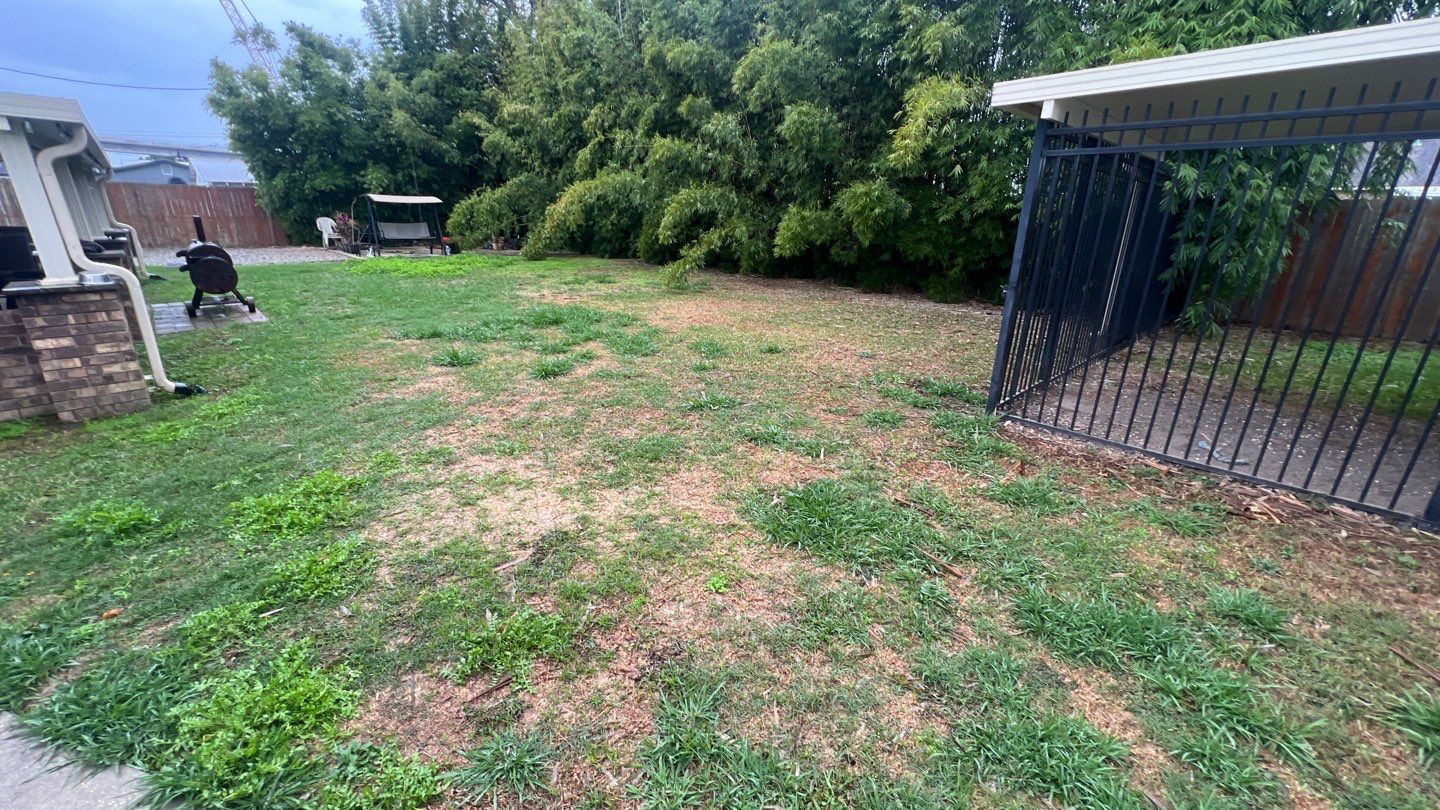Understanding Soil Stabilization in Louisiana
Louisiana’s unique geographic and climatic conditions make soil stabilization a critical aspect for homeowners. The state’s soil predominantly consists of expansive clays, notorious for their swelling and shrinking behaviors. This phenomenon, often influenced by moisture changes, can lead to severe structural issues in homes. Understanding the characteristics of the soil beneath your home is fundamental in addressing and preventing potential damages.
Why is Soil Stabilization Important?
Soil stabilization is not just about maintaining the structural integrity of your home; it’s about ensuring safety and preserving property value. Unstable soil can lead to uneven settling of the foundation, resulting in cracks, sloping floors, and even wall collapse in severe cases. By stabilizing the soil, you can prevent these issues and ensure a safe, lasting structure.
Local Soil Conditions
Louisiana’s soil varies across regions, from the alluvial along the Mississippi River to the sandy loams in the uplands. Knowing your local soil type, which can be identified through a professional soil test, is crucial in determining the right stabilization method.
Key Methods for Soil Stabilization
There are several effective methods for soil stabilization, each tailored to different soil types and conditions. Understanding these methods can help homeowners make informed decisions about protecting their homes.
- Mechanical Stabilization: This involves altering the physical properties of the soil. Techniques include compaction, which reduces air pockets and makes the soil denser, and blending, where stable materials are mixed with unstable soil to improve its properties.
- Chemical Stabilization: Chemical additives like lime, cement, or fly ash are mixed with the soil to enhance its strength and reduce its susceptibility to water. This method is particularly effective for clayey soils common in Louisiana.
- Geotechnical Solutions: Advanced solutions like geogrids or geotextiles can be used to reinforce soil. These are synthetic materials laid in layers to improve soil stability, especially in areas with severe soil degradation.
- Drainage Control: Proper drainage is crucial in managing the moisture content of the soil. Techniques include installing French drains or slope grading to direct water away from the foundation.
Long-Term Maintenance and Monitoring
After stabilizing the soil, ongoing maintenance is vital. Regular inspections can detect early signs of soil movement or foundation problems. Homeowners should look for:
- Cracks in the foundation or walls.
- Doors and windows that don’t close properly.
- Uneven or sloping floors.
Landscaping and Water Management
Proper landscaping and water management are key in maintaining soil stability. Ensure that your yard slopes away from your home to prevent water accumulation. Additionally, consider plants that require less water to reduce soil moisture levels near your foundation.
Regular Soil Testing
Periodic soil testing can provide insights into the soil’s condition and alert you to potential issues before they become severe. This proactive approach can save significant repair costs down the line.
Professional Assessment and Solutions
While some aspects of soil stabilization can be managed independently, significant issues often require professional expertise. Recognizing when to seek professional help is crucial.
Signs You Need Professional Help:
- Persistent or worsening foundation cracks.
- Significant soil erosion around your home.
- Unusual settling or shifting of your house.
Choosing the Right Professional
Selecting the right expert for soil stabilization is critical. Look for companies with experience in handling Louisiana’s unique soil types. Services like Academy House Leveling offer specialized knowledge and solutions tailored to local conditions.
Cost Considerations and Planning
Soil stabilization can be a significant investment, but it is essential for the longevity and safety of your home. Costs vary based on the severity of the issue, the chosen stabilization method, and the size of the area being treated.
Budgeting for Soil Stabilization
Homeowners should prepare for both the initial stabilization costs and ongoing maintenance expenses. Get multiple quotes to ensure a competitive price and ask about warranty or guarantee options.
Long-Term Benefits
Investing in soil stabilization not only prevents costly structural repairs but also enhances your property’s value and appeal. It’s a proactive measure that pays off in the long run, both financially and in peace of mind.
References
- Academy House Leveling – For expert soil stabilization services in the New Orleans, LA area.
- Louisiana Cooperative Extension Service – Offers detailed information on Louisiana soil types and management strategies.
- National Foundation Repair Association – Provides resources and guidance on choosing the right foundation repair and soil stabilization professionals.
- U.S. Geological Survey: Louisiana Soil Survey – Offers comprehensive data on soil types and characteristics across Louisiana.

